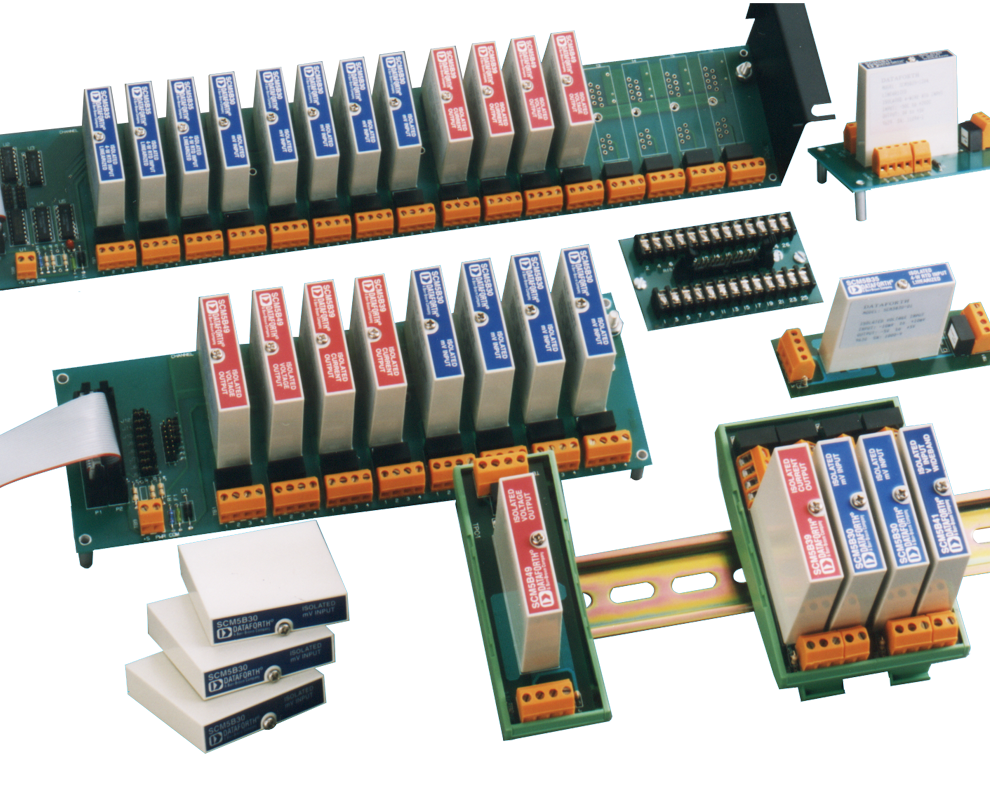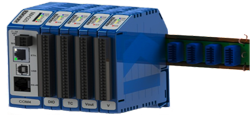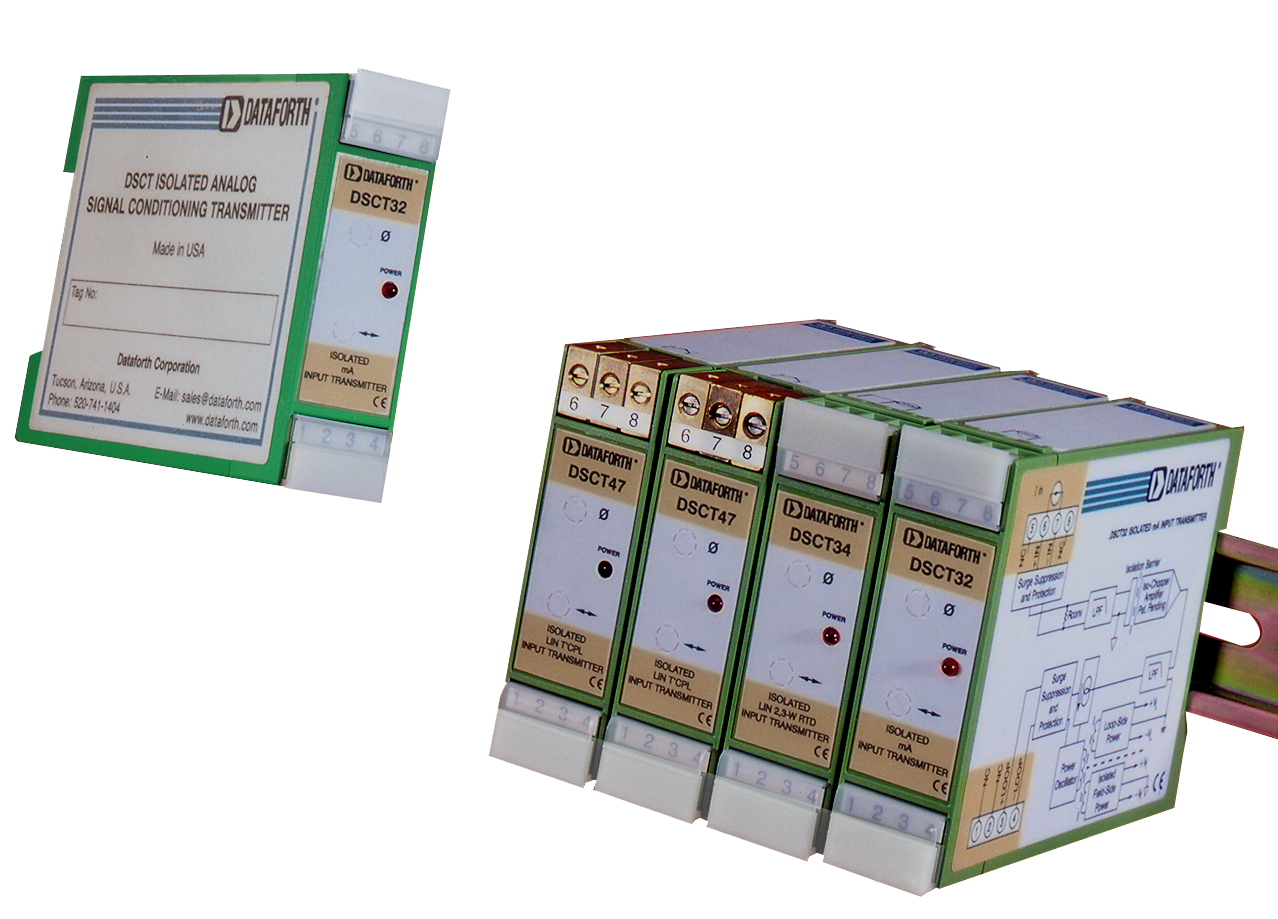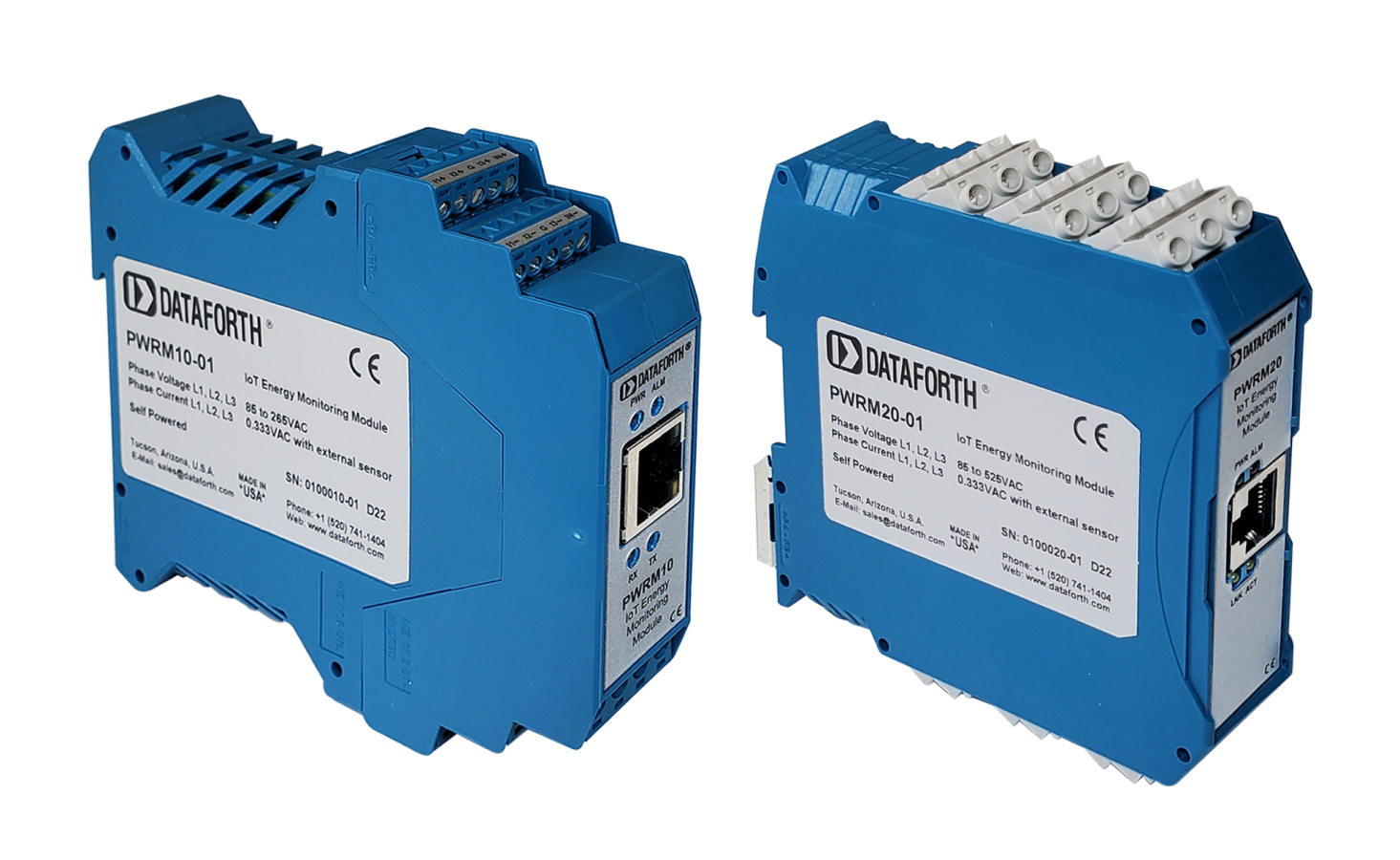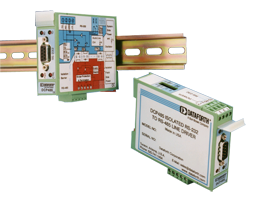ReDAQ Shape Software (MAQ20)
For the MAQ®20 Data Acquisition System
Product Availability
Usually stock to 3-5 weeks. Contact Customer Service for current lead times.
Description
The easiest and most efficient development tool for use with the MAQ®20 Modular Data Acquisition and Control System.
The main screen of this out-of-the-box software shows a representation of the system including the communication module and all installed I/O modules. This graphic is updated as I/O modules are added to or removed from the system.
- Create, save, and open graphical user interface projects
- Ideal for test, process, data collection, and data analysis applications
- Create customized projects in Presentation panel in 3 easy steps
- Use built-in functions in Acquire and Analyze panels without setup or configuration
- 18 high quality controls
- Short user-learning curve
- Integrated, across-the-board applicability
ReDAQ® Shape for MAQ®20 software also provides the most effective way to configure and customize MAQ®20 functions for specific application requirements.
Leading-Edge PID Loop Control
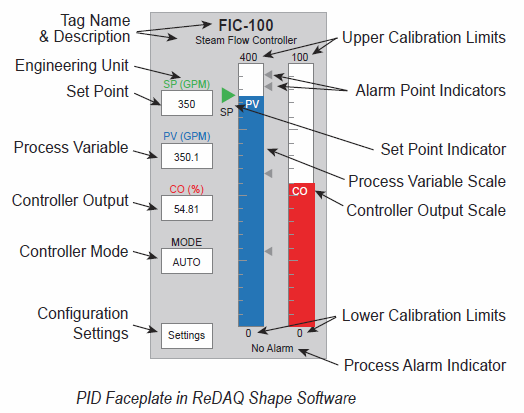
- Integral in Both ReDAQ Shape for MAQ20 and IPEmotion Software
-
Up to 32 PID Control Loops with ReDAQ Shape for MAQ20
- Faceplates Enable Engineer or Operator to Configure Loop Control Features and Monitor Processes
- Auto-Tuner Simplifies Control Loop Optimization
-
Typical PID Applications
- Steam, Water, and Chemical Flow Control
- Tank Level Control
- Heat-Exchanger / Reactor Temperature Control
- Pressure Control
» Learn more about PID Controllers.
Acquire - Analyze - Present
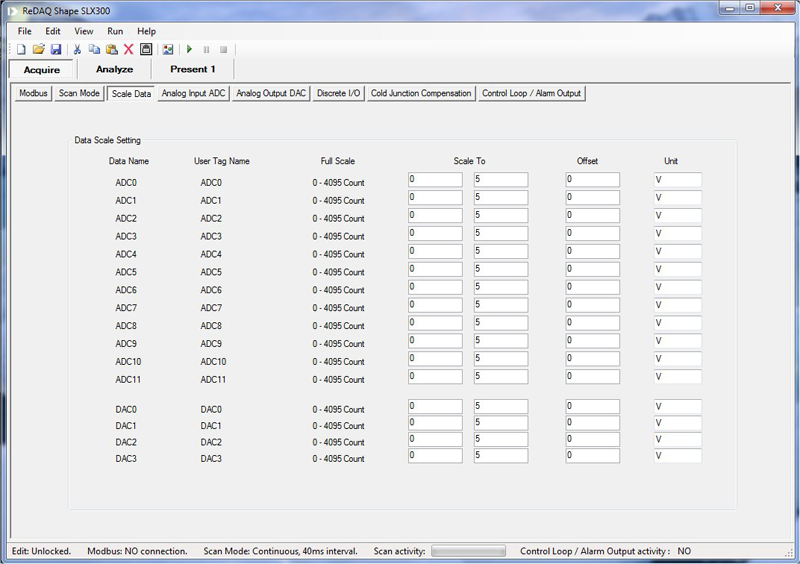
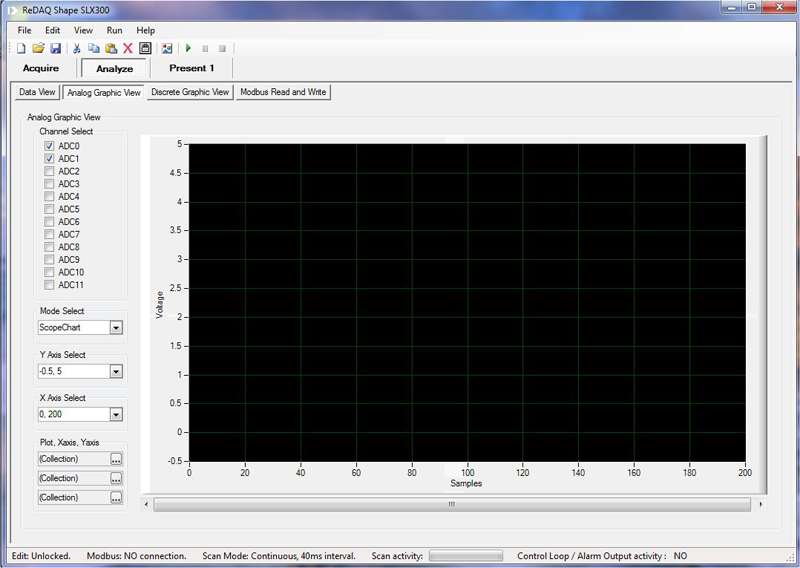
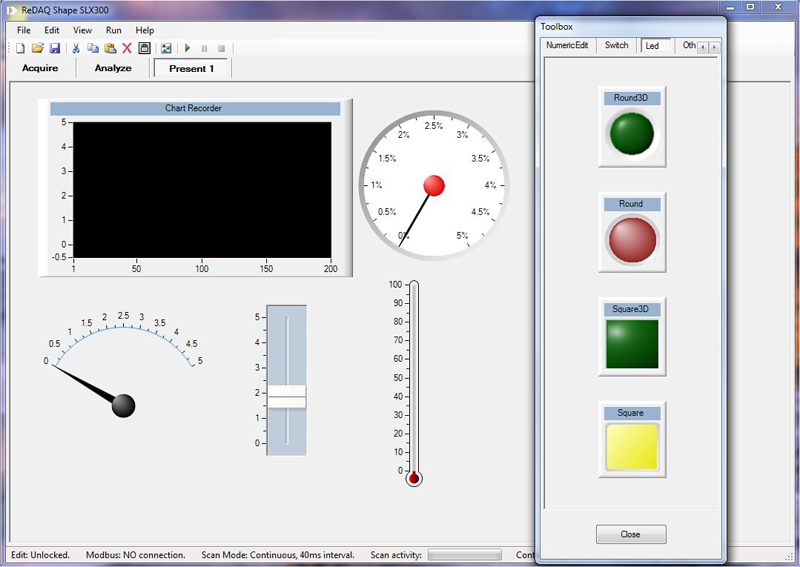
Features
ReDAQ® Shape for MAQ®20 Toolbox Tools
- Button
- Picture Box
- Text Box
- Group Box
- Label
- LED
- Switch
- Numeric Edit
- Thermometer
- Slide
- Tank
- Gage
- Meter
- Knob
- Chart Recorder
- Oscilloscope
- XY Plot
- Discrete Waveform Graph
Products and Ordering
Application Software
| PartNumber | Description | Purchase License | Download | User Manual | Version | Download Size |
|---|---|---|---|---|---|---|
| MAQ20-940 |
MAQ20-940 ReDAQ Shape Developer Version Download 2.98
More Information | Release Notes |
Order Info | ReDAQ Shape for MAQ20 User Manual (MA1038) | 2.98 | 47.8 MB | |
| MAQ20-940 |
MAQ20-940 ReDAQ Shape Developer Version Download 2.97
More Information | Release Notes |
Order Info | ReDAQ Shape for MAQ20 User Manual (MA1038) | 2.97 | 47.8 MB | |
| MAQ20-940 |
MAQ20-940 ReDAQ Shape Developer Version Download 2.96
More Information | Release Notes |
Order Info | ReDAQ Shape for MAQ20 User Manual (MA1038) | 2.96 | 47.8 MB | |
| MAQ20-940 |
MAQ20-940 ReDAQ Shape Developer Version Download 2.95
More Information | Release Notes |
Order Info | ReDAQ Shape for MAQ20 User Manual (MA1038) | 2.95 | 47.8 MB | |
| MAQ20-941 |
MAQ20-941 ReDAQ Shape User Version Download 2.98
More Information | Release Notes |
Order Info | ReDAQ Shape for MAQ20 User Manual (MA1038) | 2.98 | 47.8 MB | |
| MAQ20-941 |
MAQ20-941 ReDAQ Shape User Version Download 2.97
More Information | Release Notes |
Order Info | ReDAQ Shape for MAQ20 User Manual (MA1038) | 2.97 | 47.8 MB | |
| MAQ20-941 |
MAQ20-941 ReDAQ Shape User Version Download 2.96
More Information | Release Notes |
Order Info | ReDAQ Shape for MAQ20 User Manual (MA1038) | 2.96 | 47.8 MB | |
| MAQ20-941 |
MAQ20-941 ReDAQ Shape User Version Download 2.95
More Information | Release Notes |
Order Info | ReDAQ Shape for MAQ20 User Manual (MA1038) | 2.95 | 47.8 MB | |
| MAQ20-951 |
IPEmotion for MAQ20 (1 COM module and up to 4 I/O Modules)
More Information | Release Notes |
Order Info | IPE Motion Software Manual (MA1066) | 2017 R1.2 | 272.4 MB | |
| MAQ20-951-Plugin |
IPEmotion for MAQ20 - Dataforth Plug-In
More Information | Release Notes |
Free | IPEmotion Dataforth Plugin Manual (MA1060) | V01.02.09.0001 | 1.7 MB | |
| MAQ20-952 |
IPEmotion for MAQ20 (1 COM module and up to 4 I/O Modules)
More Information | Release Notes |
Order Info | IPE Motion Software Manual (MA1066) | 2017 R1.2 | 272.4 MB | |
| MAQ20-953 |
IPEmotion for MAQ20 (1 COM module and up to 4 I/O Modules)
More Information | Release Notes |
Order Info | IPE Motion Software Manual (MA1066) | 2017 R1.2 | 272.4 MB | |
| MAQ20-954 |
IPEmotion for MAQ20 (1 COM module and up to 4 I/O Modules)
More Information | Release Notes |
Order Info | IPE Motion Software Manual (MA1066) | 2017 R1.2 | 272.4 MB | |
| MAQ20-955 |
IPEmotion for MAQ20 (1 COM module and up to 4 I/O Modules)
More Information | Release Notes |
Order Info | IPE Motion Software Manual (MA1066) | 2017 R1.2 | 272.4 MB |
|
MAQ20-940
Version: 2.98
Size: 47.8 MB
|
|
MAQ20-940
Version: 2.97
Size: 47.8 MB
|
|
MAQ20-940
Version: 2.96
Size: 47.8 MB
|
|
MAQ20-940
Version: 2.95
Size: 47.8 MB
|
|
MAQ20-941
Version: 2.98
Size: 47.8 MB
|
|
MAQ20-941
Version: 2.97
Size: 47.8 MB
|
|
MAQ20-941
Version: 2.96
Size: 47.8 MB
|
|
MAQ20-941
Version: 2.95
Size: 47.8 MB
|
|
MAQ20-951
Version: 2017 R1.2
Size: 272.4 MB
|
|
MAQ20-951-Plugin
Free
Version: V01.02.09.0001
Size: 1.7 MB
|
|
MAQ20-952
Version: 2017 R1.2
Size: 272.4 MB
|
|
MAQ20-953
Version: 2017 R1.2
Size: 272.4 MB
|
|
MAQ20-954
Version: 2017 R1.2
Size: 272.4 MB
|
|
MAQ20-955
Version: 2017 R1.2
Size: 272.4 MB
|
Software Tools
| PartNumber | Description | Purchase License | Download | User Manual | Version | Download Size |
|---|---|---|---|---|---|---|
| MAQ20-960 |
Python API Download
More Information |
Free | Python API User Manual (MA1064) | 1.1 | 1.4 MB | |
| MAQ20-CAPI |
C API Download
More Information |
Free | C API User Manual (MA1070) | 1.0 | 78.7 MB | |
| MAQ20-970 | OPC Server Demonstration | Free | OPC Server User Manual (MA1057) | 1.0 | 2.3 KB | |
| MAQ20-971 | LabVIEW VIs | Free | LabVIEW VIs for MAQ20 User Manual (MA1039) | 1.0 | 638.9 KB |
|
MAQ20-960
Python API Download
More Information
Free
Version: 1.1
Size: 1.4 MB
|
|
MAQ20-CAPI
C API Download
More Information
Free
Version: 1.0
Size: 78.7 MB
|
|
MAQ20-970
OPC Server Demonstration
Free
Version: 1.0
Size: 2.3 KB
|
|
MAQ20-971
LabVIEW VIs
Free
Version: 1.0
Size: 638.9 KB
|
Software Manuals
| Description | Version | Download Size |
|---|---|---|
| 4.2 MB | ||
| 1.7 MB | ||
| 95.4 MB | ||
| 2.9 MB | ||
| 2.7 MB | ||
| 1.1 MB |
Hardware Manuals
| Description | Version | Download Size |
|---|---|---|
| 1.1 MB | ||
| 1.5 MB | ||
| 1.4 MB | ||
| 1.1 MB | ||
| 1.3 MB | ||
| 1.2 MB | ||
| 1.4 MB | ||
| 1.3 MB | ||
| 874.9 KB | ||
| 2.2 MB | ||
| 1.8 MB | ||
| 647.8 KB | ||
| 691.9 KB | ||
| 1.1 MB | ||
| 822.3 KB |
FAQ
Was this content helpful?
Thank you for your feedback!


